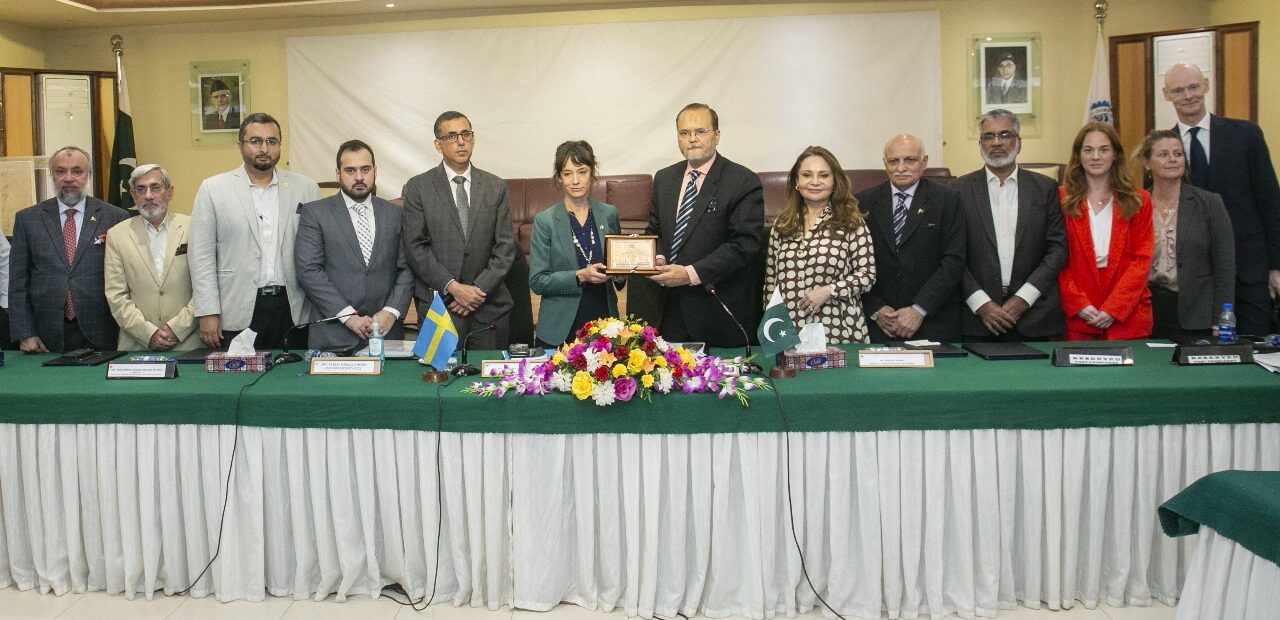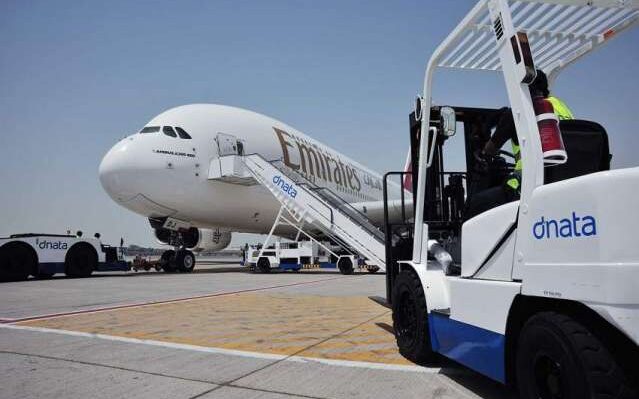New York, April 19, 2020: The United States is considering the withdrawal of frontline CIA personnel from bases in Afghanistan, as part of an effort to further reduce violence in the war-ravaged country in line with the historic peace deal with the Taliban, according to The New York Times.
The newspaper said the deliberations over the C.I.A. presence in Afghanistan are part of larger discussions about pulling back international forces to push forward the peace plan that shows signs of floundering amid continuing violence.
Under the deal which was signed in the Qatari capital, Doha, on February 29, Washington undertook to begin phased pull out of American forces and foreign troops from Afghanistan, provided that the militant group start talks with the Afghan government and adhere to other security guarantees.
The Taliban has long demanded reductions in the CIA presence in Afghanistan alongside US troops, a request that American negotiators have so far resisted. The Times put their number at “several hundred C.I.A. officers and contractors”, calling it one of the agency’s largest presences outside of the Washington area.
US officials say any withdrawal of CIA personnel will be done alongside the broader withdrawal of American military advisers not in isolation from the broader peace plan, the paper said.
Yet one plan, lobbied by Trump administration officials in September, actually included increasing the C.I.A. presence in the country as American forces pulled out, it was pointed out.
C.I.A. personnel operate in various places around the country, advising militia groups, the report said. The operations began as part of an effort to hunt Al Qaeda, in the earlier years of the now 18-year war, before shifting to targeting organizations including the Haqqani Taliban, it said.
One move being discussed would relocate agency personnel to the embassy in Kabul, enabling some level of American advice to militia groups operating under the oversight of Afghanistan’s intelligence service, the report said, noting that deliberations were continuing.
“Including the C.I.A. presence in negotiations with the Taliban is Washington’s latest effort to use what bargaining chips it has left with the insurgent group,” Times’ correspondents Thomas Gibbons-Neff and Julian Barnes, wrote in the joint report. American forces already are drawing down to 8,600 troops from roughly 12,000 with an aspirational timeline of leaving the country altogether in just over a year.
Getting the Taliban to ratchet back attacks on Afghan troops and police, American officials said, is the best hope to accelerate the peace process between the Afghan government in Kabul and Taliban leadership. But even preliminary talks, regarding the release of prisoners on both sides, have run into complications. What is important to the United States government is that the Taliban and the Afghan government work to prevent a terrorist group from establishing itself again in Afghanistan, creating a state within a state, and eventually conducting another international terrorist attack, Lisa Maddox, a former C.I.A. officer, was quoted as saying.


























































































































































































































































































